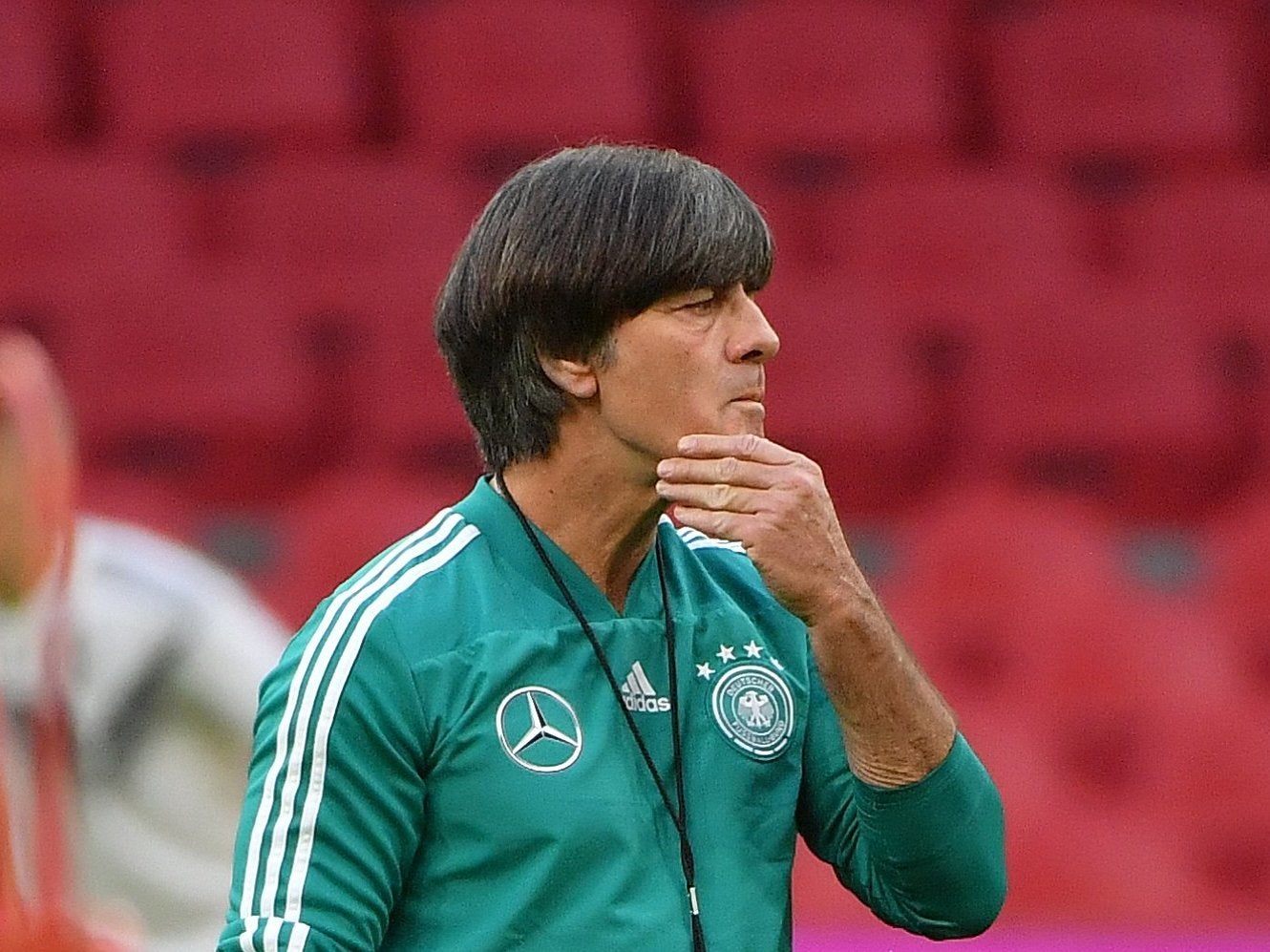Netherlands vs Germany: Two former giants of the game struggling to rediscover their identity
A fiery, passionate encounter once known for attacking flare and animated exchanges now finds itself somewhat lacking in character after difficult patches for both side

“I didn’t give a damn about the score. 1-0 was enough, as long as we could humiliate them. I hate them.
“They murdered my family. My father, my sister, two of my brothers. Each time I faced Germany I was angst-filled.”
Former Netherlands midfielder Wim van Henegem’s remarks about a sporting rivalry that provoked a personal emotional response in the years following the Second World War were as sinister as they were audacious.
Germany were not about to be exempted from vilification from their pompous, overbearing European neighbours after World War II, no one was going to let them off the hook in any industry.
World Cup: South Korea vs Germany player ratings
Show all 22And yet it was that sort of attitude that brought about one of Dutch football’s lowest moments, ‘The mother of all defeats’, in the World Cup final in 1974.
At least, that’s according to Bernd Holzenbein, the man accused of diving over Wim Jansen’s leg to win a penalty and allow Paul Breitner to equalise following Johan Neeskens own spot-kick.
“I told the Dutch players they didn’t lose because of the penalty but because they were far too arrogant during the game,” he told Frankfurter Rundschau in 2012.
Such furore emerged from the fallout that a scientific study was conducted in 2010 to ascertain who deserved to win on the day in Munich.
A team led by Gerard Sierksma, a professor at the University of Groningen, collaborated with Dutch company Team Support Systems to develop a system which could examine the quality of individuals and the collective group in real time through criteria such as touches of the ball, the quality of passing and defensive stability.
The outcome – “Germany were better!” read the title in Suddeutsche Zeitung.
Nevertheless, such debates will seem trivial to the current national team outfits, who are not so much concerned with sparring matches of one-upmanship but rather with those who haven’t lived up to the hype.
Mesut Özil criticised the president of Germany’s football federation Reinhard Grindel for failing to act amongst growing racist hatred to those with Turkish roots, Toni Kroos accused Leroy Sane for his disinterested demeanour on the field, while former captain Michael Ballack has been left wondering why the responsibility hasn’t been laid at coach Joachim Löw’s feet for their shortcomings.
As the off-the-field issues persist, so they do for Löw on it as he prepares to face Germany’s old rivals with a squad that may be lacking the sort of colour that defined the fixtures that have now been written into the countries’ football folklore.
Instead, his side demonstrated a continuation of deficiencies that emerged and remained in Russia when they faced France and Peru.
Mark Uth has earned his first call-up to the national side despite failing to score for his new club Schalke, highlighting the lack of natural, high-profile strikers that were so readily available to Low in years gone by. Marco Reus and Kai Havertz have been in superb form for Borussia Dortmund and Bayer Leverkusen respectively, but both have withdrawn due to fitness concerns.
Jonas Hector continues to hold down the first-choice left-back spot despite his club FC Koln competing in the second division of German football, as the struggle to replace Philipp Lahm continues with Joshua Kimmich now deployed in midfield.
The Netherlands are in the preliminary stages of discovering life without their own household names, with the retirements of Arjen Robben and Wesley Sneijder bringing down the curtain on another Dutch dynasty after their failure to qualify for the World Cup.
However, there is still no room for Kluivert, a name in years gone by, and one that could lead the next generation, but ultimately Justin’s omission has demonstrated that Ronald Koeman is looking to select based on merit after his limited appearances in Italy this season.
Four new faces – Denzel Dumfries, Pablo Rosario, Steven Bergwijn and Arnaut Danjuma – have made the cut and will likely get some minutes alongside the impressive Matthijs de Ligt and Virgil Van Dijk, the enigmatic Georginio Wijnaldum and the rejuvenated Memphis Depay.
There is another key difference about these sets of players with those who preceded them, and that is that they would likely admit that their situations have never been more similar since the build up to the 1974 final.
Non-participation in Russia for one and defeats against Mexico and South Korea in the same country for the other have demonstrated how two emblematic sides of World Cup tussles have now withdrawn into their porous shells as missiles continue to fall upon them.
This is no longer the encounter where attacking flare, animated exchange of words and unruly scuffles look likely to take place, which no doubt triggered Van Hegenem’s outburst.
It is instead two sides looking to rediscover their identity after humiliation and following discontent from all parts, and the desire to go quietly under the radar as rebuilding processes take full flight.
Subscribe to Independent Premium to bookmark this article
Want to bookmark your favourite articles and stories to read or reference later? Start your Independent Premium subscription today.

Join our commenting forum
Join thought-provoking conversations, follow other Independent readers and see their replies